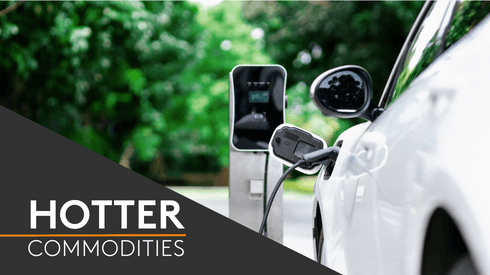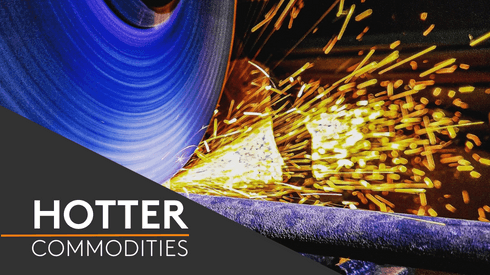“Following an in-depth review by the United States Trade Representative, President [Joe] Biden is taking action to protect American workers and American companies from China’s unfair trade practices,” the White House said.
Imports of Chinese permanent magnets will be subject to a 25% tariff beginning in 2026, the White House statement said.
“There are several types of permanent magnet but around 80% of the market is dominated by two of them: sintered neodymium iron boron [NdFeB] rare earth magnets, and hard ferrite magnets,” John Ormerod, head of magnetics and metal consultancy JOC, said.
Other types include samarium cobalt rare earth magnets, alnico (aluminium-nickel-cobalt) and bonded NdFeB rare earth magnets.
Sintered NdFeB rare earth magnets are critical components in the motors of electric and hybrid vehicles and in offshore wind turbines, along with many other industrial, defense, medical and electronics applications.
The first time critical minerals have been included in tariffs
There have been numerous rounds of Section 301 tariffs since the start of the US-China trade and technology war in 2018, but none of them has included rare earth magnets or materials.
According to Tuesday’s statement, “the tariff rate for certain other critical minerals will increase from zero to 25% in 2024.”
“This action will help to level the playing field for domestic producers, giving US industry the time it needs to scale and develop in a manner that aligns with America’s vital national interests,” Jim Litinsky chief executive of US rare earth producer MP Materials, said.
MP Materials owns and operates the Mountain Pass light rare earth mine in the US state of California, and is developing a sintered neodymium iron boron magnet plant in the state of Texas.
Our team of rare earths experts and price reporters provide weekly rare earths prices and market analysis. Find out more about all our rare earths prices.





